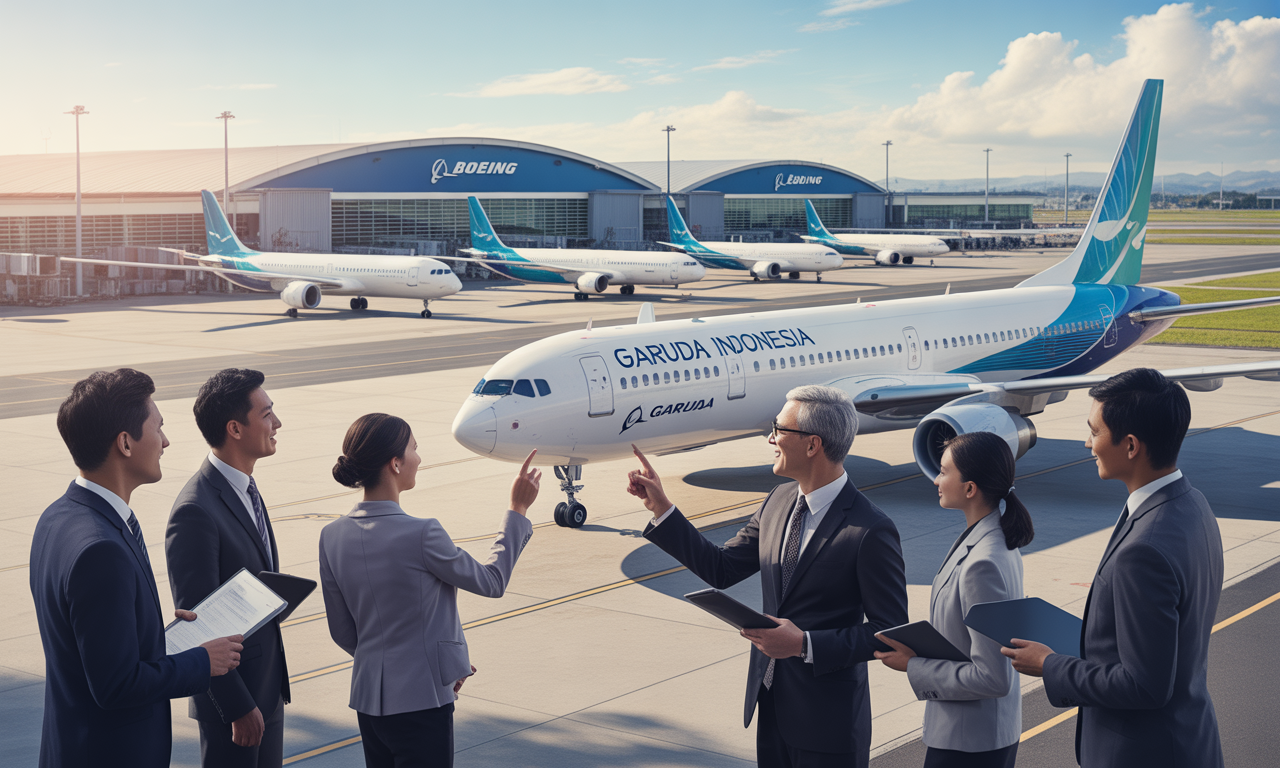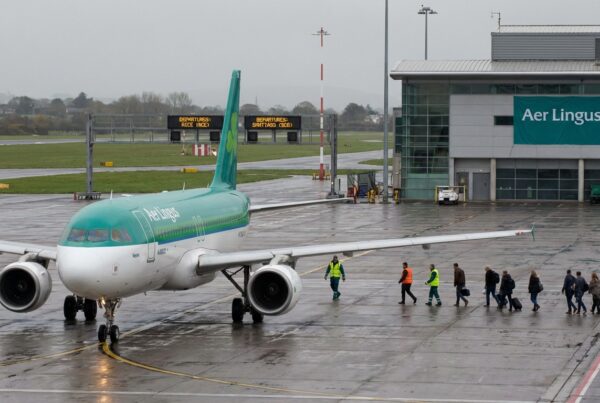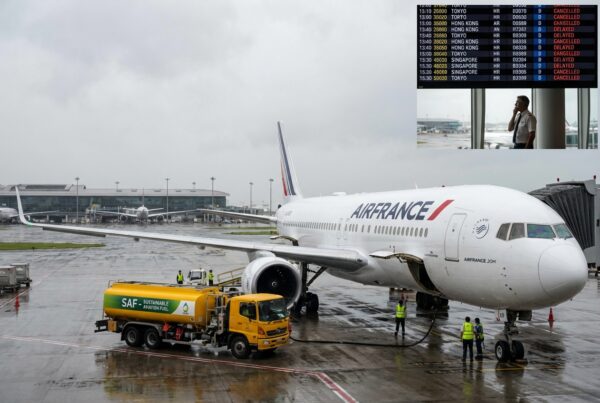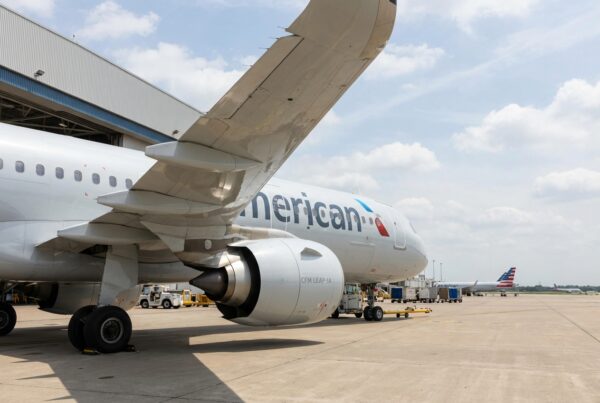The Indonesian company Garuda Indonesia is currently negotiating the purchase of between 50 and 75 aircraft from the American manufacturer Boeing. The aim of this strategic initiative is to fully modernize the fleet and offer superior passenger service. Negotiations are progressing in a climate of trust, reflecting a shared desire to boost competitiveness and operational efficiency. The project calls for the integration of new-generation aircraft, featuring optimized fuel consumption and enhanced safety. This potential partnership represents a significant growth opportunity in a dynamic and innovative sector. The operation promises to deliver favourable results for all participants.
Negotiation context
Indonesia's national airline enters into major negotiations with the manufacturer Boeing to acquire between 50 and 75 new aircraft. This major project is part of the company's fleet renewal strategy, designed to improve safety, efficiency and competitiveness on the international market. The operation promises to enhance the company's technological modernization and operational performance.
Strategic challenges and economic benefits
This project represents a major strategic challenge for the company, which is seeking to consolidate its position in a fast-changing market. Investment in a modern fleet will support the company's ambitions to expand and reduce operating costs. Thanks to this order, Garuda Indonesia will benefit from aircraft equipped with the latest innovations in safety and comfort. This type of agreement is also an opportunity to stimulate the aeronautical sector in general, in much the same way that some recent orders in the industry.
Modernization and impact on passenger service
Fleet modernization is a crucial step in meeting the growing expectations of passengers. The integration of new aircraft will enable us to offer improved services and optimize operational performance. This will contribute to a safer, more comfortable flying experience, with advanced technologies and greater fuel efficiency.
Comparison with other initiatives in the sector
Garuda Indonesia's fleet renewal strategy is reminiscent of that adopted by other airlines to boost their competitiveness. These include S7 Airlines has adapted its flight schedule in response to logistical challenges, while other players, such as KLMcontinue to boost their international network. These examples illustrate how investment decisions impact the entire aerospace sector.
Integration of aerial data technologies
As the fleet evolves, the collection and analysis of flight data plays an essential role in optimizing operations. Tools such as FlightAware and Flightradar24 allow us to track fleet movements in real time, and anticipate maintenance and logistics requirements. This data integration enhances safety and optimizes operational performance.
User experience and reader engagement
To ensure smooth navigation and a distraction-free reading experience, the site offers a subscription with a banner-free interface, the so-called Advertisingmasked. In addition, users benefit from the Pseudonymreserved which ensures secure validation of their identity. These functions also enable you to publish instant comments for subscribers, facilitating dynamic and reliable interaction between readers.
Future prospects for the company
The potential agreement with Boeing opens the way to new opportunities for Garuda Indonesia. The modernization of the fleet should enable the company to meet the challenges posed by international competition and to respond effectively to passenger expectations. By adopting these cutting-edge technologies and strengthening operational capabilities, the company is positioning itself for sustainable growth in a constantly evolving aviation market.

Negotiation details
| Criteria | Analysis |
|---|---|
| Quantity planned | 50 to 75 aircraft |
| Supplier | Boeing |
| Nature of agreement | Negotiating a purchase contract |
| Fleet strategy | Oriented towards a fleet renewal |
| Business impact | Consolidate strategic partnerships |
| Device type | Depends on models selected |
| Technological advantage | Highlighting the advanced technology and reliability |
| Delivery times | To be defined according to negotiations |
| Economic context | Adapting to aeronautical market needs |




